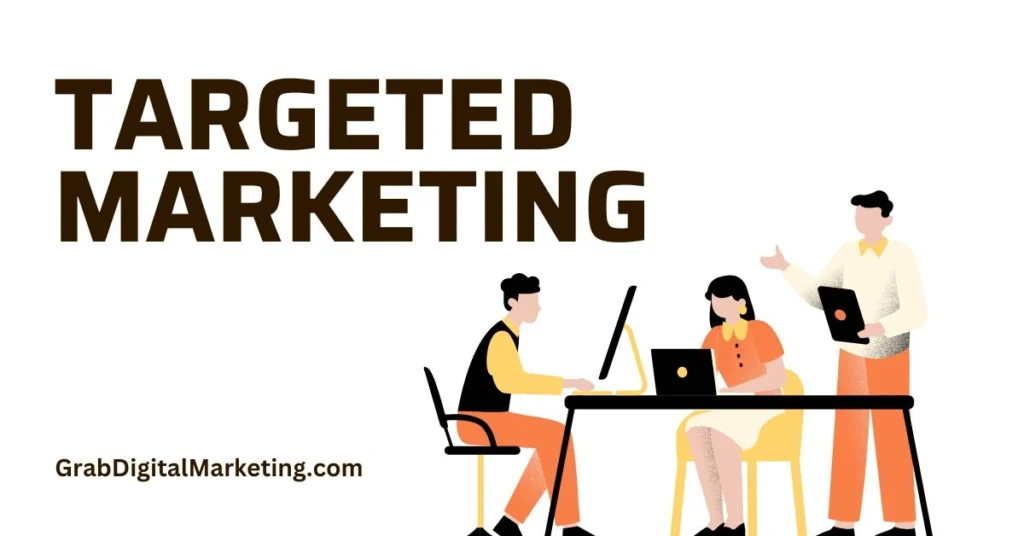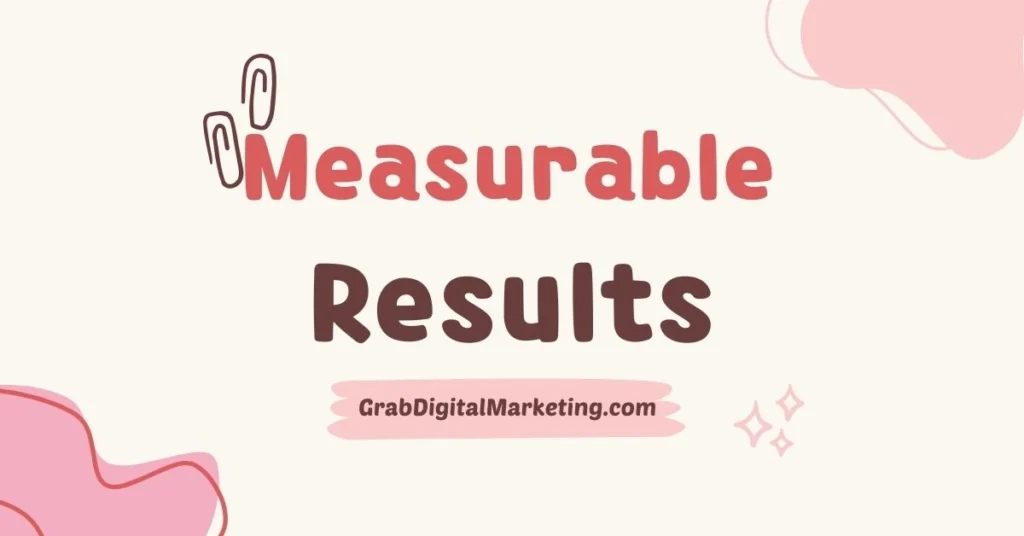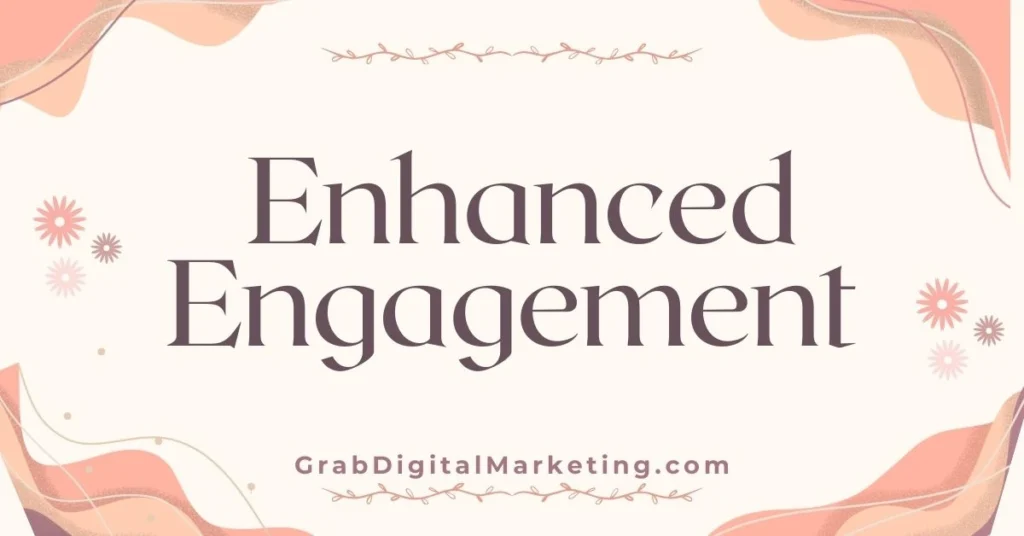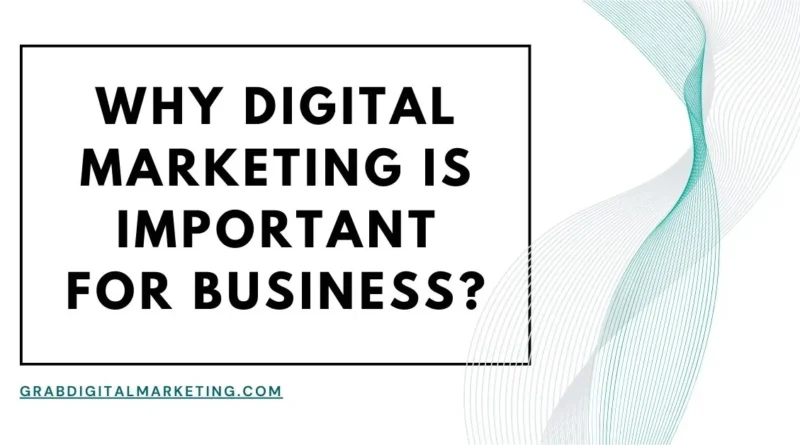Why digital marketing is important for business?
Digital marketing is essential for businesses because it provides a cost-effective and scalable way to reach, engage, and convert customers. In today’s digital era, consumers rely heavily on online platforms for information, shopping, and communication, making digital marketing a powerful tool for brand growth. By leveraging digital marketing, businesses can enhance visibility, build customer trust, and drive revenue efficiently.
Table of Contents
Reach a Wider Audience

Reaching a wider audience is one of the most effective strategies to maximize your Google AdSense earnings, as more visitors mean more ad impressions and clicks. To expand your reach, focus on creating diverse, high-quality content that appeals to different audience segments while still staying relevant to your niche. Optimize your website with targeted keywords to appear in search results for both high-volume and long-tail queries, ensuring you capture users at various stages of their search journey. Leveraging multiple platforms such as social media, YouTube, and email marketing can drive consistent referral traffic and expose your content to a larger audience. Additionally, ensuring mobile-friendliness and fast-loading pages enhances user experience, encouraging repeat visits and higher engagement. Regularly updating content with fresh insights also improves your chances of ranking higher in search results. The wider the audience you attract, the greater the potential for AdSense monetization and sustainable online growth.
Cost-Effective

- One of the biggest advantages of Google AdSense is that it is a highly cost-effective monetization platform for website owners and content creators. Unlike paid advertising campaigns, which require upfront spending, AdSense allows you to generate revenue without incurring ad placement costs. All you need to invest in is creating valuable, high-quality content that attracts visitors, and Google does the rest by matching relevant ads to your audience. This makes it especially appealing for beginner publishers, bloggers, and small business owners who may not have a huge budget for monetization tools. AdSense’s cost-effectiveness stems from the fact that it leverages your existing efforts—your content, website traffic, and organic growth strategy—rather than requiring high financial input.
- Being cost-effective also means that AdSense works seamlessly with SEO and content marketing strategies. When you publish optimized articles, how-to guides, tutorials, or niche-specific posts, you attract organic search traffic. This type of traffic is essentially free because it comes from search engines, social shares, or direct visits without requiring you to purchase clicks or impressions. As your page views increase, your ability to generate ad impressions and clicks rises significantly, turning your content into a revenue-generating asset. Since you are not paying for visitors, this results in a higher return on investment, making AdSense one of the most budget-friendly ways to monetize online content.
Targeted Marketing

- Targeted marketing is one of the most powerful strategies for maximizing success with Google AdSense because it ensures that the right ads are shown to the right audience at the right time. Unlike traditional advertising, which places ads in front of random viewers, AdSense uses advanced algorithms and Google’s vast data network to deliver ads that are highly relevant to your website visitors. This relevancy benefits both publishers and advertisers: your audience sees ads that match their interests, and advertisers get better conversions, which leads to higher cost-per-click (CPC) and, ultimately, more AdSense revenue for you as the publisher. In simple terms, targeted marketing allows your content to act as a bridge between users actively searching for information and advertisers eager to reach them.
- The core of targeted marketing with AdSense lies in content relevance and audience segmentation. When you create focused, niche-specific content, Google’s algorithm can better understand your page topics and match ads that align with user intent. For example, if your website is about fitness, ads related to health supplements, workout gear, or diet plans are more likely to appear. These targeted ads naturally attract user attention because they blend with what the visitor is already consuming, making clicks more organic and increasing the chances of higher engagement. The more targeted and specific your content, the more valuable your audience becomes to advertisers, which can directly raise your earning potential.
Measurable Results

- One of the biggest strengths of Google AdSense as a monetization platform is its ability to deliver measurable results for publishers. Unlike traditional advertising methods, where it is difficult to track exactly how campaigns perform, AdSense provides clear performance metrics that allow you to understand how your website monetization is working. Every impression, click, and earnings detail can be tracked through Google’s reporting tools, giving you a transparent view of what content is driving revenue and how your audience is engaging with ads. This approach not only helps you measure results but also equips you to optimize strategies and maximize income over time.
- The main advantage of measurable results is that you can identify what works and what doesn’t. For example, by monitoring click-through rate (CTR), cost-per-click (CPC), and revenue per thousand impressions (RPM), you gain insights into the effectiveness of specific ad units and placements. If a certain ad position consistently generates higher CTR, it becomes clear that this strategy should be replicated across your site. On the other hand, if ads in the sidebar show poor performance, you can test new layouts for better user interaction. These metrics ensure that you are not relying on guesswork but on actual, data-driven results.
Enhanced Engagement

- Enhanced engagement is one of the most critical factors in boosting the effectiveness of Google AdSense and maximizing revenue potential for publishers. In simple terms, engagement refers to how actively your visitors interact with your website, whether they are reading full articles, clicking through different sections, sharing content, or staying longer on your pages. The more engaged your audience is, the more likely they are to notice and interact with the ads displayed through AdSense. Since ad revenue is directly tied to impressions, clicks, and user interaction, improving audience engagement directly translates into better monetization opportunities.
- The first step in driving enhanced engagement is creating high-quality, valuable content that speaks directly to your audience’s needs. When visitors find your content useful, interesting, and easy to understand, they are more inclined to spend time exploring multiple pages. Longer session duration not only improves your website’s SEO rankings but also increases overall ad impressions, giving Google AdSense more opportunities to display relevant ads. Engaged readers also tend to trust your website more, and when ads align with their interests, they are more open to interacting with them, leading to higher click-through rates (CTR).
Flexibility and Adaptability

- One of the greatest strengths of Google AdSense is its flexibility and adaptability, making it a reliable monetization solution for both beginners and experienced publishers. Unlike rigid advertising models, where you must negotiate contracts, design banners, or manually manage ad placements, AdSense automatically adapts to your website’s structure, user preferences, and content type. This adaptability ensures that the ads displayed are relevant, well-placed, and optimized to generate maximum engagement and revenue. Whether you run a personal blog, an informational site, or a large content-driven platform, AdSense can adjust seamlessly to your needs—helping you focus on content creation instead of the complexities of ad management.
- Flexibility is visible in the wide variety of ad formats and placements AdSense offers. Publishers can choose from display ads, in-article ads, in-feed ads, matched content, or even experimental ad types, depending on what fits best with their layout. If your audience prefers long-form articles, AdSense adapts by placing ads within the content in a way that flows naturally with the reading experience. If your traffic comes mostly from mobile, responsive ad units adjust automatically to fit different screen sizes, ensuring ads remain visible without disrupting usability. This flexibility keeps the user experience smooth while still providing ample opportunities for monetization.
Improved Conversion Rates

- Improved conversion rates are a critical factor in maximizing revenue through Google AdSense, as they directly determine how effectively your ad impressions turn into clicks and earnings. While AdSense works automatically to deliver ads that are contextually relevant to users, publishers still play an important role in improving conversions by optimizing their content, layout, and engagement strategies. A higher conversion rate means that a greater percentage of your website visitors are not just seeing ads but also interacting with them. Since advertisers are willing to pay more for placements that generate better results, publishers who achieve improved conversion rates typically benefit from higher cost-per-click (CPC) and stronger overall revenue performance.
- One of the best ways to improve AdSense conversion rates is to focus on audience targeting through content relevance. When you create high-quality, niche-specific content, Google’s algorithm can better match ads to your audience’s true interests. For example, if you run a website about personal finance, content about credit cards, budgeting, or loan comparisons will naturally attract ads from relevant financial advertisers. Because these ads align with the visitor’s intent, users are far more likely to click on them, leading to better conversion rates. This harmony between content and ad placement is at the center of AdSense’s success model.
Level Playing Field

- One of the most powerful aspects of Google AdSense is that it creates a level playing field for publishers of all sizes, whether you are an individual blogger just starting or a large media company handling millions of page views. In traditional advertising models, access to high-paying advertisers often depended on reputation, negotiation skills, or direct connections with brands. Small websites with limited traffic rarely had the chance to compete with industry giants because advertisers preferred more established platforms. Google AdSense changed that by introducing an automated advertising system that connects advertisers and publishers through real-time bidding. This ensures that even small publishers can display ads from global brands and receive fair payouts based on ad performance, rather than their personal negotiation power.
- The auction-based model at the heart of AdSense allows advertisers to bid for placement on your site in real-time. This guarantees that you are always earning based on the competitive value of your ad space rather than settling for lower, pre-negotiated rates. Whether your blog attracts 10,000 visitors per month or your website gets over a million, every ad impression is put up for auction, giving you access to the same pool of advertisers. This transparent system ensures fairness because revenue potential is tied to user engagement and ad relevance, not the size of the publisher alone.
By embracing digital marketing, businesses can stay relevant in the digital age, connect with their audience, and drive growth.

